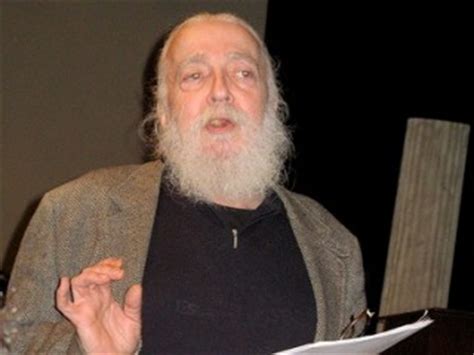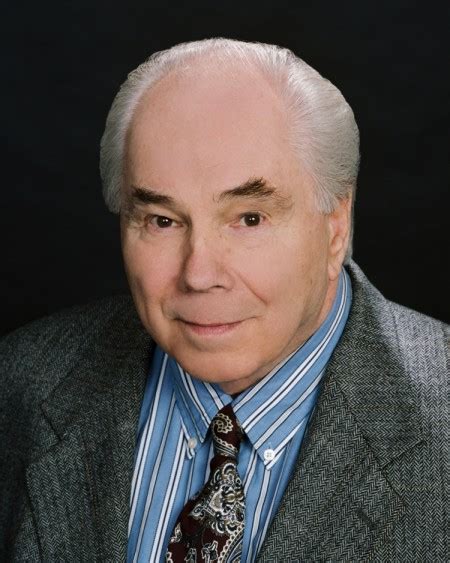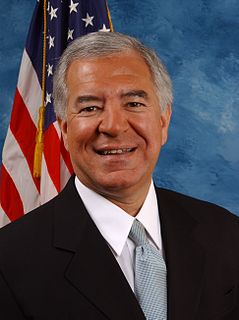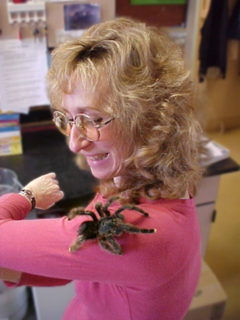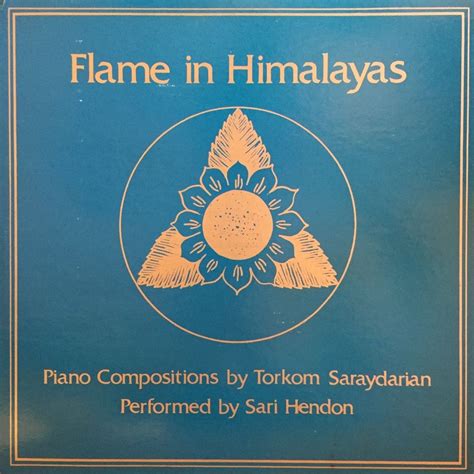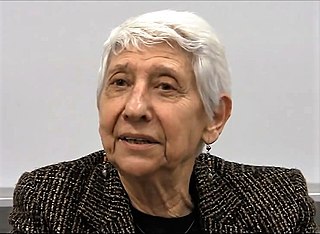A Quote by Hakim Bey
To say that 'I will not be free till all humans (or all sentient creatures) are free' is simply to cave in to a kind of nirvana-stupor, to abdicate our humanity, to define ourselves as losers.
Related Quotes
If we learn to accept our imperfections with humor, as the reflection of our very humanity, we will experience humility and tolerance, we will understand that we are already filled with forgiveness, we will see the gift of our lives, the chains will fall away, and we will be free -- free not so much from fear or 'dependence,' but free for love, for life itself.
The final awakening is the embracing of the darkness into the light. That means embracing our humanity as well as our divinity. What we go from is being born into our humanity, sleep walking for a long time, until we awaken and start to taste our divinity. And then want to finally get free.
We see as long as we grab at our divinity and push away our humanity we aren’t free. If you want to be free, you can’t push away anything. You have to embrace it all. It’s all God.
But what after all, behind appearances, is this seeming mystery? We can see that it is the Consciousness which had lost itself returning again to itself, emerging out of its giant self-forgetfulness, slowly, painfully, as a Life that is would be sentient, half-sentient, dimly sentient, wholly sentient and finally struggles to be more than sentient, to be again divinely selfconscious, free, infinite, immortal.
Human relationships with predators have always been thorny. Predators are the first creatures our kind purposely eradicates. Too often, people feel humans are and should be in control; we are enraged to discover this is not true. And when other creatures share our appetites and kill our livestock (often animals we were raising to kill, ourselves), we call them vandals and murderers...Predators are the most persecuted creatures on Earth.
Free will appears unfettered, deliberate; it is boundlessly free, wandering, the spirit. But fate is a necessity; unless we believe that world history is a dream-error, the unspeakable sorrows of mankind fantasies, and that we ourselves are but the toys of our fantasies. Fate is the boundless force of opposition against free will. Free will without fate is just as unthinkable as spirit without reality, good without evil. Only antithesis creates the quality.
We could decide simply to remain absorbed in the mysterious, unformed, free-play of reality. This would be the choice of the mystic who seeks to extinguish himself in God or Nirvana—analogous perhaps to the tendency among artists to obliterate themselves with alcohol or opiates. But if we value our participation in a shared reality in which it makes sense to make sense, then such self-abnegation would deny a central element of our humanity: the need to speak and act, to share our experience with others.
